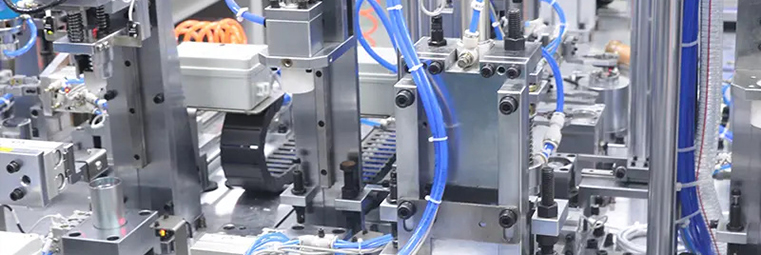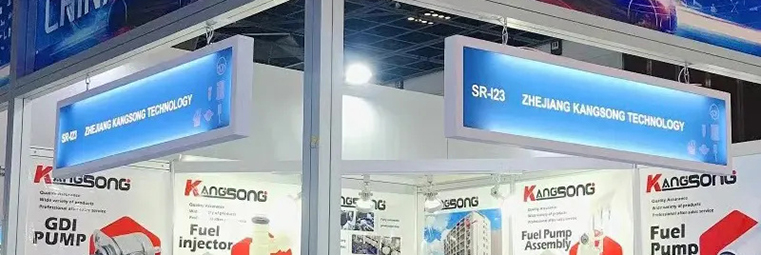The Significance of Automotive Electronic Fuel Injection Systems and Their Key Components
This system has revolutionized the way fuel is delivered to the engine, providing several advantages over traditional carburetors. In this blog, we will delve into the importance of automotive electronic fuel injection systems and explore the functions of various components such as fuel pumps, fuel injectors, and high-pressure pumps.
Automotive electronic fuel injection systems play a pivotal role in ensuring optimal engine performance and fuel efficiency. Unlike carburetors, which rely on a series of air and fuel passages, fuel injection systems deliver fuel directly to the engine's combustion chambers. This precision in fuel delivery results in better fuel atomization, which leads to improved combustion efficiency and reduced emissions.
Key components of electronic fuel injection systems include fuel pumps, fuel injectors, and high-pressure pumps. Fuel pumps are responsible for pumping fuel from the gas tank to the engine. They maintain a consistent and adequate fuel supply to meet the engine's demands, ensuring smooth and uninterrupted operation. Without a functional fuel pump, the engine would be deprived of fuel, leading to poor performance and potential stalling.
Fuel injectors are another critical component of electronic fuel injection systems. These small nozzles are responsible for delivering fuel into the engine's combustion chambers at precisely the right moment. The fuel injectors are controlled by the engine's electronic control unit (ECU), which calculates the exact amount of fuel needed based on various parameters such as engine load, throttle position, and air intake. This precise fuel delivery ensures optimal combustion and engine performance across various driving conditions.
Additionally, high-pressure pumps play a vital role in modern direct injection systems. These pumps generate the high pressure necessary to deliver fuel directly into the combustion chambers. By operating at significantly higher pressures than traditional fuel systems, high-pressure pumps enable improved fuel atomization and better fuel efficiency. They also contribute to reduced emissions by ensuring cleaner and more complete combustion.
In conclusion, automotive electronic fuel injection systems have become indispensable in today's vehicles, offering superior fuel efficiency, performance, and reduced emissions compared to traditional carburetors. The key components of these systems, including fuel pumps, fuel injectors, and high-pressure pumps, work in tandem to ensure precise and efficient fuel delivery to the engine. As automotive technology continues to evolve, electronic fuel injection systems and their components will play a crucial role in shaping the future of transportation, leading to cleaner and more efficient vehicles for generations to come.



